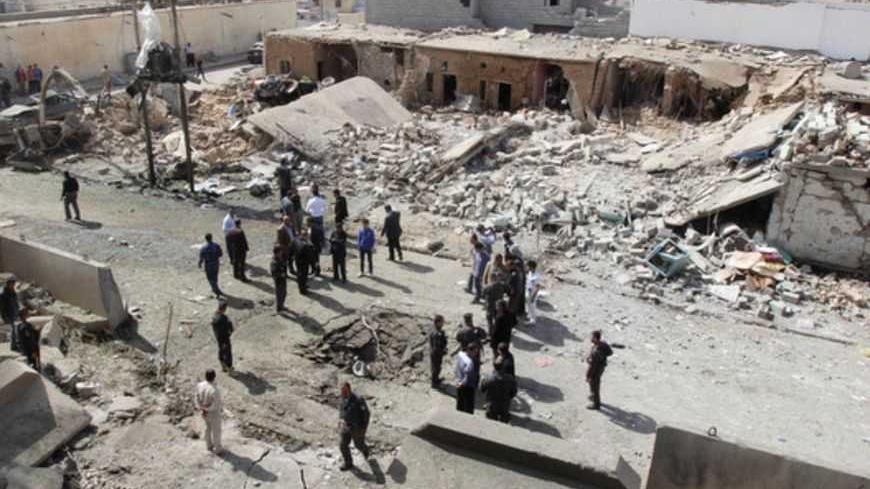On March 11, 1970, the Kurds of Iraq signed a peace accord with the government that is still to this day celebrated as a declaration of autonomy. Five years later, the Iraqi authorities backed out of the accord following a disagreement over the administrative borders of the Kurdistan Region. Ever since, these borders have become a curse for Arabs and Kurds alike and a fundamental matter of dispute.
The Kurds hold this agreement in high esteem, as it was the first deal through which they reaped benefits. March 11 was made an official holiday commemorated in the Kurdistan region by its official institutions.



